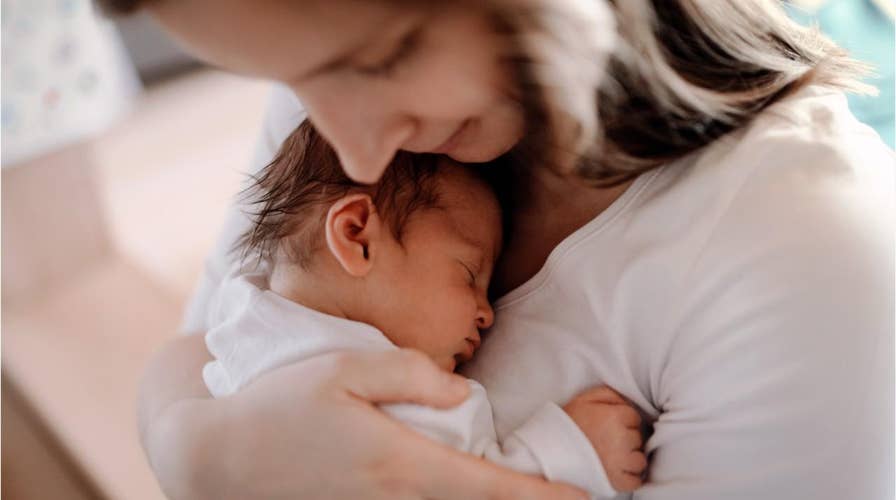'Cocooning' is growing in popularity with new parents
'Cocooning' is trending with new parents, but grandparents, friends and other family and not as enthused.
When Nicolle and Brad Pritchard bring their newborn home from the hospital in a couple of weeks, they’ll arrive to an empty apartment: no friends, no family, not even their own parents.
WOMAN SEARCHES FOR PEOPLE WHO FOUND HER ABANDONED IN A DUMPSTER AS A BABY
That’s because the Pritchards have imposed a strict visiting policy: no guests at their Bed-Stuy apartment for two weeks and no overnight stays for a month, which is when Brad, a digital media consultant, finishes his paternity leave. Both sets of their parents, who live out of town, won’t see the baby until she’s 30 days old.
“My mother-in-law was already looking to book her flight . . . and my parents wanted to come and help as well,” says Nicolle, a 33-year-old interior architect and designer. “But it’s such an important and delicate time. There’s so many changes we have to get used to . . . and as much as all of them have great intentions and want to help us, we want it to be just us and the baby.”
CLICK HERE TO GET THE FOX NEWS APP
Gone are the days when grandparents, aunts, uncles and cousins would rush into the delivery room to hold the newest members of the family. First-time parents are increasingly wanting to spend alone time with their newborn, holding off visitors — including grandparents — for weeks, and sometimes months, after their baby is born.
It’s called cocooning, and it’s a common practice for adopted children that allows them to bond with their new parents. But it’s gotten more popular in the past decade among other families, says Midtown psychotherapist Dana Dorfman — partly, she thinks, because more generous parental leave policies for dads “amplify the desire or the need to really bond as a family.”
CLICK HERE TO SIGN UP FOR OUR LIFESTYLE NEWSLETTER
New moms and dads describe cocooning as a blissful time — even if everyone else in the family hates it.

